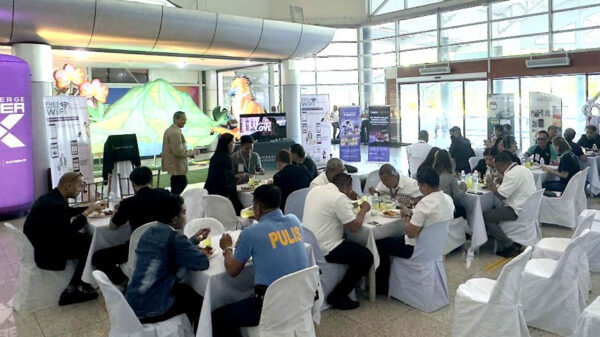By David Emm
Principal Security Researcher of Kaspersky Lab Global Research Analysis Team (GReAT)
We’ve seen the Momo ‘challenge’, which is creating panic and hysteria across the internet, cropping up in different countries for nearly a year now. It is important to remember that this not a genuine cyber threat in terms of infecting or corrupting devices or seeking to steal, however, it is a malicious joke intending to shock and unsettle and, as the craze gathers momentum and media hype increases, more people are going to be tempted to scare their friends or, more worryingly, use the meme to harass and intimidate
For parents, a threat like this can feel overwhelming as their children, who have never known a world without internet, navigate the online world at super speed.
Children are often the first to be exposed to new internet culture content as they seek it out and share it more prolifically. While this does not seem to be an attempt to spread malware, it comes as a timely reminder that as parents we need to maintain close contact with our children’s online world, and that open dialogue is the best defense against both malicious content and cyber threats, as well as not accepting/opening any content from unknown sources.
It is always good practice talk to your children about the basics of internet safety before they uncovered anything sinister. This will help them cope when threats emerge.
Our advice to parents are:
- Have regular conversations with your child(ren) – make them aware of how to be safe online. Agree which sites are appropriate for them and ensure they understand the reasoning behind this. They also need to know that they can – and should – confide in a trusted adult if they experience something upsetting whilst online.
- Make sure your child understands they should not ‘friend’ anyone online they don’t know in real life, or add unknown numbers to their contacts – people online are not always honest about who they are and what they want
- Activate safety settings – settings such as auto-play should be disabled and parental controls can be installed to help prevent children from viewing inappropriate content.
- Make use of the mute, block and report features – This will protect them from a lot of harmful content.
- Never share personal information such as phone numbers, address, etc with people you don’t know.




































































































